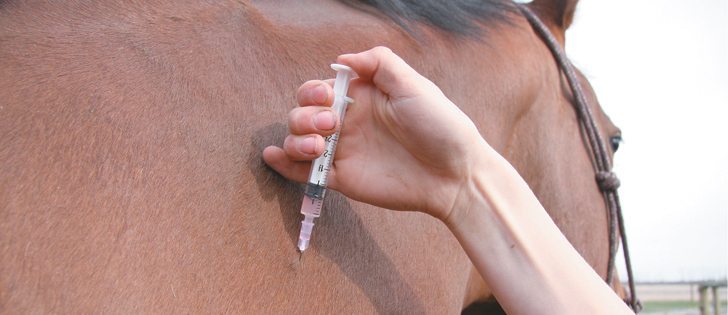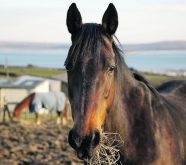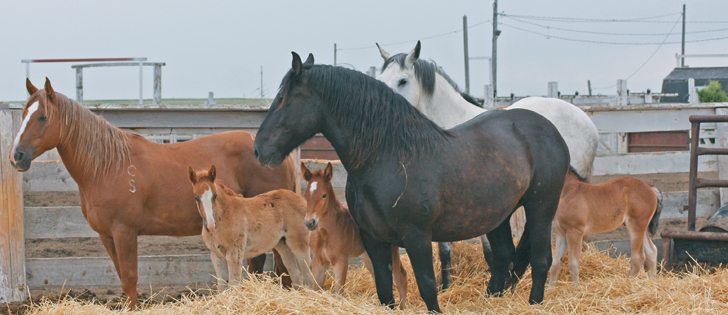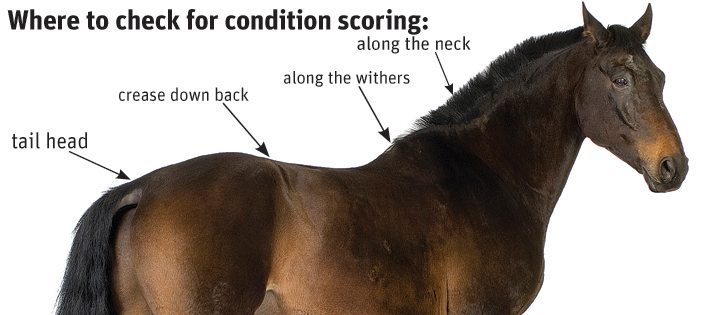COCHRANE, Alta. — Vaccinations should be on the spring agenda for horse owners.
Spring vaccines are recommended so that the immune system is built up before disease-spreading mosquitoes and other pests become active, said veterinarian Brettly Battistone of Burwash Equine Services in Calgary.
Some diseases are not commonly seen in this part of the world, but a vaccination for a disease such as rabies is worthwhile.
“If an animal becomes infected with rabies or a horse becomes infected with rabies, there is absolutely nothing we can do, so the best form of prevention is vaccines,” she told a recent horse workshop in Cochrane.
Read Also
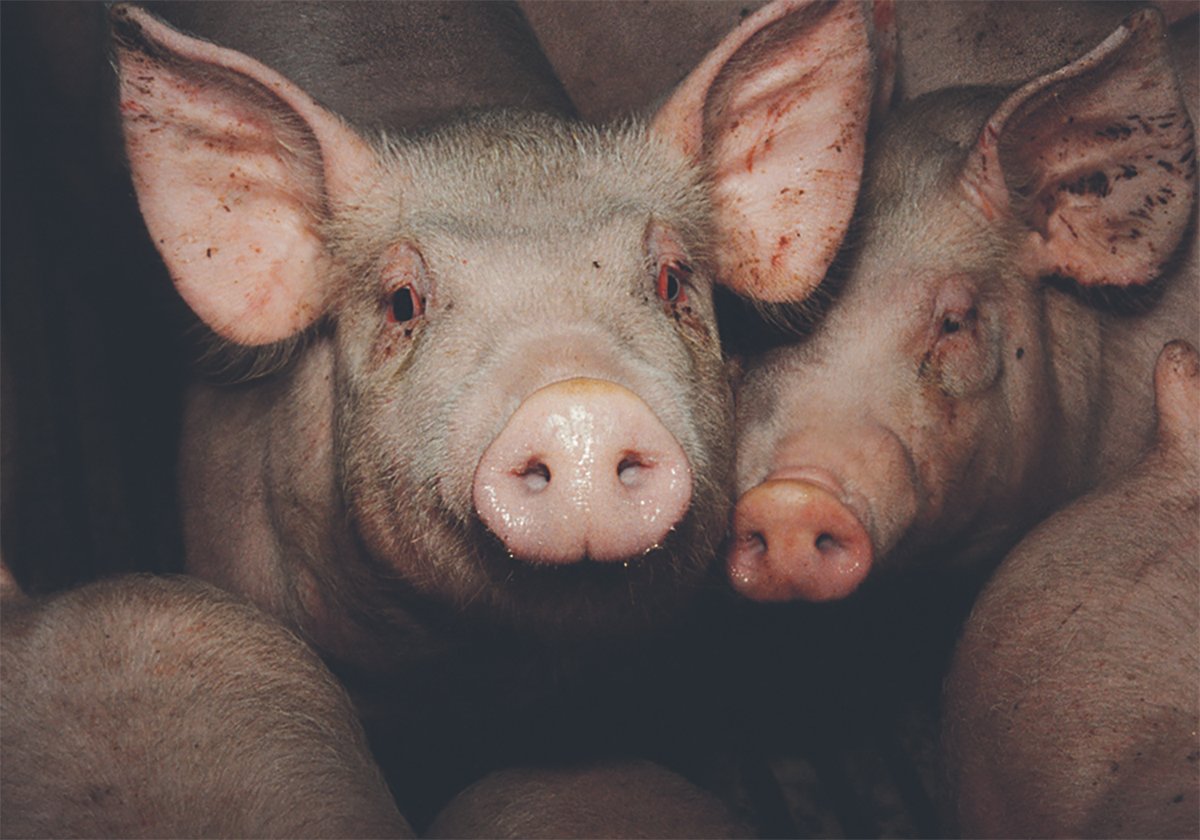
The Western Producer Livestock Report – October 30, 2025
Western Producer Livestock Report for October 30, 2025. See U.S. & Canadian hog prices, Canadian bison & lamb market data and sales insights.
[yop_poll id=”26″]
Most equine vaccines are administered via intramuscular injection, which delivers the preparation into muscle tissue, where it is selectively taken up by the body and processed.
Intranasal vaccines are a spray into the horse’s nostrils. These products induce a strong immune response in the respiratory tract for diseases such as influenza and strangles.
Those who immunize their own horses need to read the labels and consult with a veterinarian.
Vaccination provides protection against the following:
There are five herpes virus types, and producers should make sure the Type 1 and 4 strains are included in the vaccine.
Aerosolized secretions spread the virus, which is hardy and difficult to control because it can stick around in barns or buckets and can be spread between horses. It can also cause latent infection.
The virus may hide in an infected horse and re-emerge and cause later illness.
It may cause abortion in pregnant mares and respiratory symptoms with coughs and nasal discharge.
It is not the same virus as sleeping sickness but shows many of the same signs. It is difficult to diagnose and starts out with mild symptoms. Ten percent of horses may die or suffer long-term effects. Birds and mosquitoes carry the virus. Yearly vaccinations are recommended, and mosquito control is important.
A six-way vaccination includes West Nile protection.
Bacteria can enter and cause disease when a horse has an open wound. The result is muscle spasms and rigidity with difficulty eating. The prognosis is poor with 80 percent mortality. It is seen more often in the United States and is less common in Canada.
Vaccination boosters after any laceration or puncture wound are recommended.
Mosquitoes carry a virus responsible for both forms so it is seen more often in summer. It progresses quickly and has neurologic effects including depression, weakness, lack of co-ordination, head pressing, paralysis and seizures. Death can occur two to three days after the first clinical signs. Eastern encephalitis is the more severe of the two diseases.
This disease is highly contagious and spreads through a herd quickly. It causes high fever, nasal discharge, cough and depression.
Stay-at-home horses may be fine, but horses traveling to events could pick it up and should be vaccinated. Good hygiene and isolation of sick horses are important.
Rabies is caused by a virus spread by saliva, often from a bite of an infected animal. Wildlife such as bats, foxes, coyotes, skunks or porcupines may carry it. A horse infected with rabies gets depressed.
It is not a serious problem in Alberta so it is not part of the core vaccination program. However, it is included in Saskatchewan and Manitoba equine program recommendations. A veterinarian must give the rabies vaccine.
The disease is caused by bacteria that live in the lymph nodes, which can become enlarged and cause an abscess. They will need to be drained.
Infected horses get sick with fever and respiratory discharge, but they will survive. Good hygiene and fly control is important.


